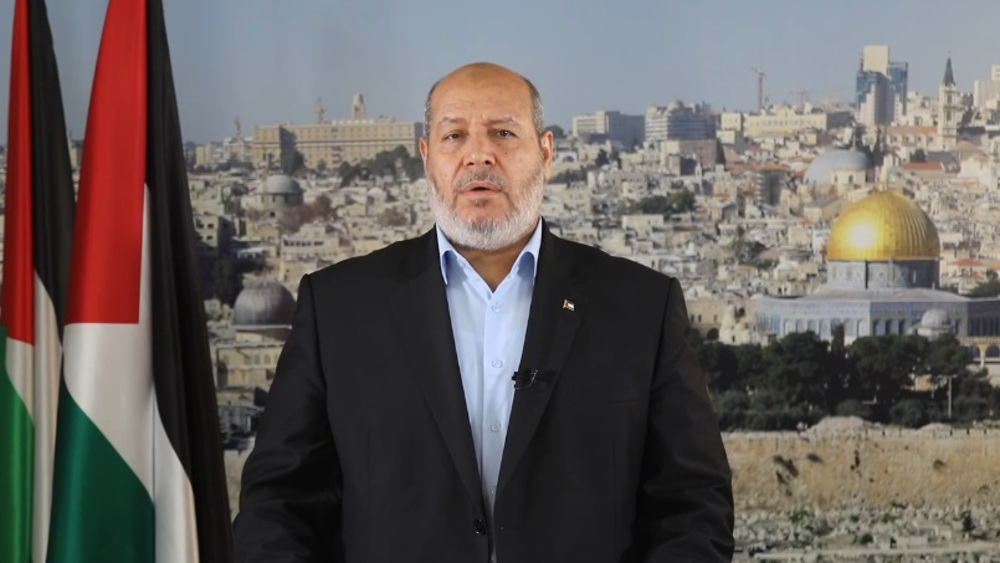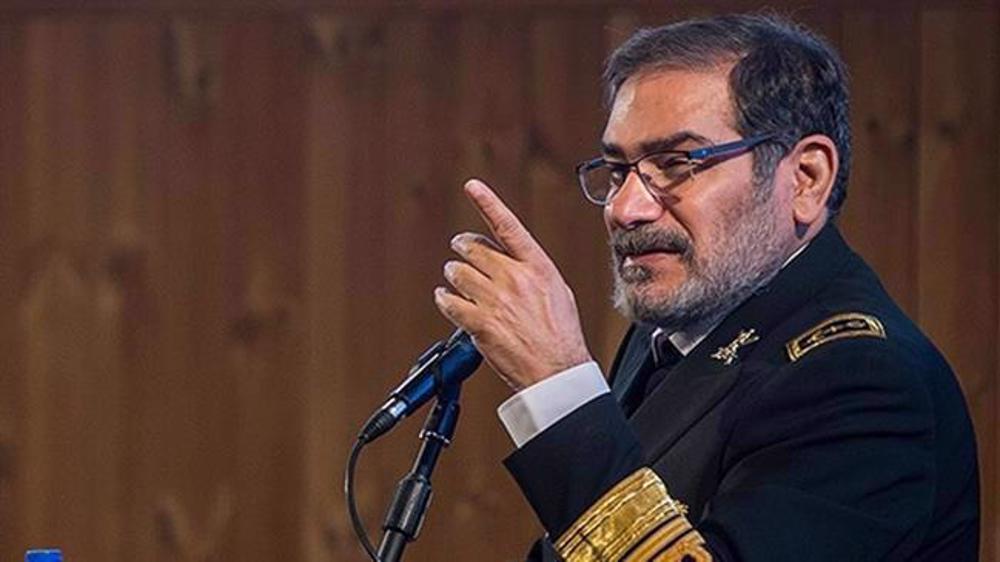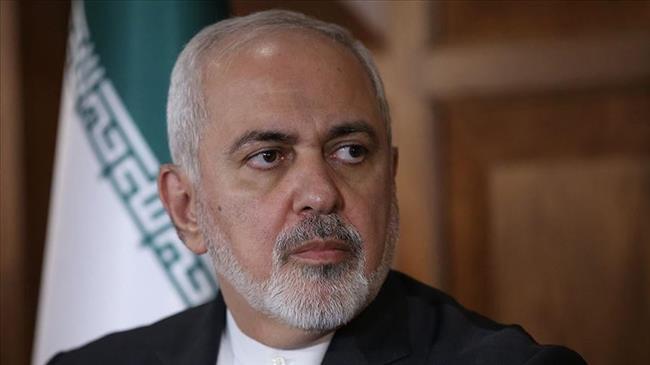Talks with US 'strictly forbidden': Iran's parliament speaker
Iran's Parliament Speaker Mohammad-Baqer Qalibaf says negotiations with the US are "harmful and strictly forbidden," stressing that resistance is the only way to protect the country's rights and dignity.
Addressing an open session of parliament on Sunday, Qalibaf stressed that any dialog should take place from the position of power by relying on the strong will of the Iranian people.
"The fact is we are not against diplomacy and talks, but we believe that negotiations with the US are absolutely harmful and forbidden," he said.
His remarks came in the wake of an anti-Iran resolution passed by the Board of Governors at the UN’s nuclear agency on Friday, which brought the US closer to its goal of killing a 2015 nuclear agreement with Tehran.
"In the past few days, Western countries especially the US and some European countries once again showed their unreliable and hostile nature to the Iranian nation and proved for the umpteenth time that to protect the rights and dignity of the Iranian nation and guarantee its progress, there is no way other than smart resistance and revolutionary wisdom," Qalibaf said.
The Trump administration exited the nuclear deal in 2018. While the Europeans vowed to salvage it, they did little against repeated US measures which reduced Iran's benefits from the agreement to almost nothing.
On Saturday, President Donald Trump repeated his call for a new deal with Iran, hypothesizing that Tehran was waiting to see him lose the election.
"But when I win, you’re going to pay a much higher price than if you made a deal now," he was quoted as saying in Tulsa, Oklahoma.
The US is currently working to extend a UN-imposed arms embargo due to expire in October under Tehran’s nuclear deal.
As signatories of the nuclear deal, the Europeans have said since the US has already withdrawn from the agreement with Iran, it can’t now use its former membership of the pact to try to impose a permanent arms embargo on the Islamic Republic.
However, the Friday resolution drafted by France, Britain and Germany, calling on Tehran to provide inspectors from the International Atomic Energy Agency (IAEA) with access to two sites in Iran, increased the Islamic Republic distrust of the bloc.
The sites in question are not directly relevant to Iran’s current nuclear program. Moreover, the IAEA has said it still has the access it needs to inspect Iran’s declared nuclear facilities, as per its mandate under the nuclear deal.
Iranian officials say the agency's request to visit the two sites is based on fabricated information supplied by Israel and pressure from the US government.
Kazem Gharibabadi, Iran’s permanent representative to Vienna-based international organizations, said on Saturday that the EU and the IAEA have been caught in a "trap set by the US and Israeli regimes”.
The new resolution "will neither encourage Iran to grant access to the Agency based on fabricated and unfounded allegations, nor will it force Iran to come down from its principal positions,” he said.
Qalibaf echoed the position on Sunday, stressing that "by no means and under no circumstances, the Agency will be allowed to violate the legal frameworks".
From now on, the speaker said, "negotiations with European countries should be conducted with the utmost distrust".
Negotiations with the IAEA should be subject to Iran's confidence in the agency's independence from the imperial powers, Qalibaf said.
"Negotiations with other countries should be arranged based on the degree they support the Iranian nation's rights in sensitive junctures," he added.
Russia and China, both of which had spoken out against the prospect of a resolution, voted against it. Azerbaijan, India, Mongolia, Niger, Pakistan, South Africa, and Thailand did not support the resolution either.
Qalibaf said most of the countries which voted for the resolution were under heavy pressure from the United States.
Such resolutions, he added, are meant to deprive Iran of its self-sufficiency drive and resistance and push it into "the corridor of negotiations and renewed pressure."
"By doing the US bidding in presenting the resolution on Friday, the Europeans showed that they are no less than the Americans in their hostility towards Iran," Qalibaf said.
The countries behind the resolution are responsible for any possible tensions in Iran's ties with the IAEA and should accept the consequences, he added.
Jan. 15: ‘Axis of Resistance’ operations against Israeli occupation
VIDEO | US fires: Criticism mounts over govt. failure to respond
VIDEO | Fears, hope in Gaza amid intensified ceasefire efforts
VIDEO | Press TV's news headlines
Hamas: Ceasefire agreement result of steadfastness, resistance in Gaza over 15 months
Hamas thanks Iran, Resistance Front following achievement of ceasefire in Gaza
'Capitulation': Israeli officials and media concede Gaza defeat as truce unfolds
'Gaza has won': Social media users react to ceasefire with mix of relief, joy















 This makes it easy to access the Press TV website
This makes it easy to access the Press TV website